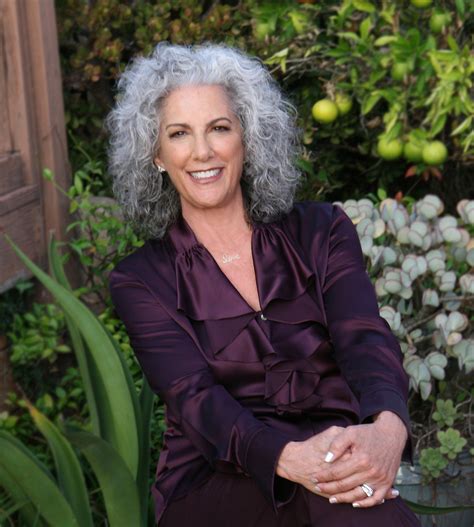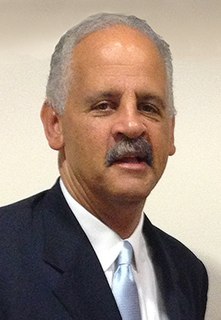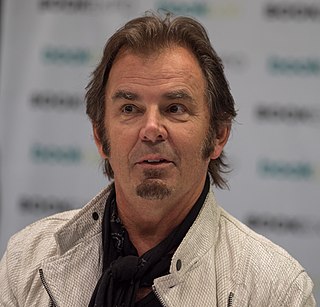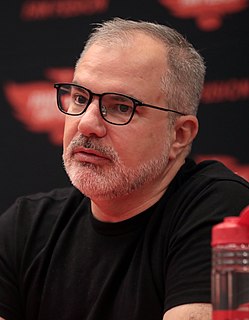A Quote by Arielle Ford
A deep, wise, and wonderful exploration of the Vedanta path for relationships both with yourself and with others. In this book, Shubhraji provides everything you need to create healthy, fulfilling relationships, using ancient wisdom, beautiful stories, tools, and exercises. This book is a must read for those on a serious spiritual journey.
Related Quotes
Layne and Paul Cutright are like lasers in the way they penetrate to the core issues of relationships in their easy to read book, Straight From the Heart. It has been a long while since I've encountered such clarity on an issue that affects us all. Obviously, their wisdom comes from years of experience in their own relationship and from counseling many others on how to attain nurturing and rewarding relationships. Their book is a gift to us all. I highly recommend it to everyone.
Boswell: But, Sir is it not somewhat singular that you should happen to have Cocker's Arithmetic about you on your journey? Dr. Johnson: Why, Sir if you are to have but one book with you upon a journey, let it be a book of science. When you read through a book of entertainment, you know it, and it can do no more for you; but a book of science is inexhaustible.
In TV, you can really get into not only great characters, but also the relationships. There are all of the backstories and all of the relationships that you have with every person in your life, and the relationships those people have with each other. It's just more dense and there's more time to tell stories.
There is humanist enterprise of the book, and amongst that there are many, many stories. And that is why at the end, when he says that the stories are so illuminating that they must be engraved and encased in gold and put in the palace library, the people who compile the book are telling us that this is a collection of human wisdom.
The key to using the Internet to extend and build relationships is to view ownership of information differently-you need to bring customers inside your business to create information partnerships ... relationships become the differentiator, more than products or services. Businesses become intertwined.
I'm no longer religious, but the Bible fascinates me. Hardly anyone reads it anymore, but it's got everything: it's a book of poetry, it's a book of principle, it's a book of stories, and of myths and of epic tales, a book of histories and a book of fictions, of riddles, fables, parables and allegories.
I think each book sort of finds its own theme as it goes on. 'Warded Man' was fear. 'Desert Spear' was exploration of the other. 'Daylight War' was relationships. Some of this is intentional, and some of it evolves naturally. The series as a whole is obviously something I have given a lot of thought to, but each book is its own animal as well.



































